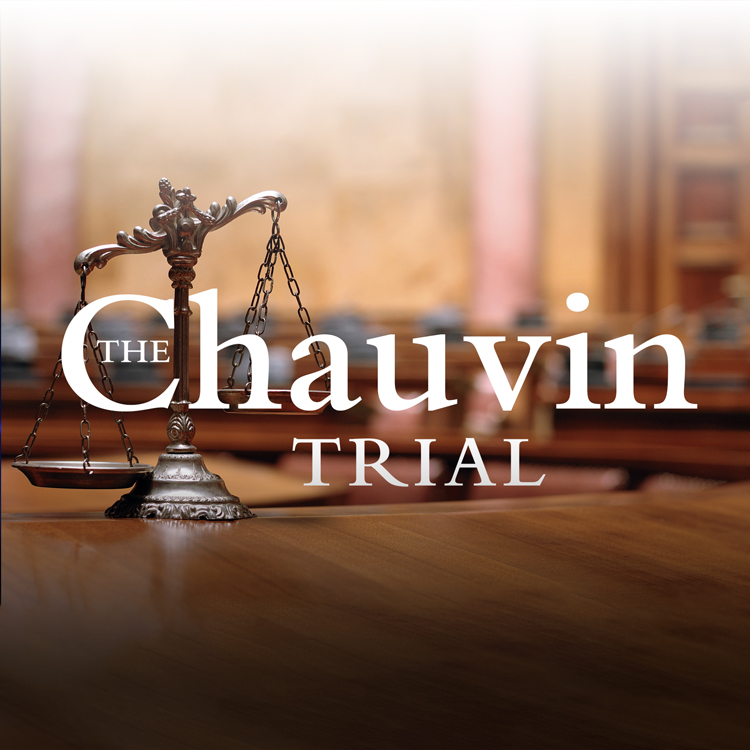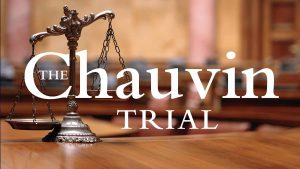Ruling that Floyd’s prior conduct is relevant is ‘topsy-turvy’
By Albert Turner Goins
On Monday, America will witness on livestream broadcast the opening statements in the trial of the state of Minnesota versus Derek Chauvin. Everyone, except maybe those living in Patagonia, has seen the video recording of that tragedy.
The issue, as one legal expert said, will not be who or when, but exactly how George Floyd died as he lay prone on a south Minneapolis street corner on May 25, 2020.
The defense has made plain in their pretrial filings that they will seek to make their attack on the prosecution through the issue of “causation.”
Causation involves the legal requirement that the state must prove it was the act of Derek Chauvin that caused or brought about the tragic outcome on Memorial Day of last year.
And, because in our courts each and every element of any crime must be proved beyond a reasonable doubt, the defense will seek to plant seeds of doubt through expert testimony and evidence regarding how George Floyd passed away.
The state of Minnesota cannot simply ask the jury to hear that Mr. Floyd died upon that day — or ask the jurors to watch the tape and draw their own conclusions — it must instead prove the actions or conduct of Chauvin brought about Floyd’s death as defined by Judge Cahill’s instructions on the law.
And because we operate in an adversarial system of justice, every defendant, including Derek Chauvin, is entitled to present a defense at trial. In this case, Mr. Chauvin will be allowed to offer evidence to the jury that on a prior instance in 2019, George Floyd allegedly panicked and attempted to conceal drugs by swallowing them.
The court has ruled that this conduct, which apparently was wholly unknown to Chauvin, is relevant to the ability of the defense to show the mechanism of Mr. Floyd’s demise beneath Chauvin’s knee.
Much in this case has been an anomaly, but this alone might have made it unprecedented.
The law in Minnesota has allowed so-called “Reverse Spreigl,” or Rule 404(b), evidence for decades, which allows a criminal defendant to present evidence that might show a second or different person committed the crime at issue in the trial; but the idea that a murder victim’s prior conduct may become the subject of the litigation seems unprecedented — if not topsy-turvy.
Yet, that is the state of the court’s rulings so far.
The jury will be asked to decide, in part, if George Floyd brought about his own death based on conduct alleged to have occurred nearly a full year before he died.
And while jurors are often more unpredictable and more acute than most lawyers (and judges) give them credit for, this single ruling risks turning the scales of justice upside down.
For, in a replay of the tragic flaw in American justice which Black Americans have witnessed throughout history, the man on trial may be the one who is unable to tell his own side of the story.
Albert Turner Goins is an attorney in Minneapolis with experience in both private practice and with the Hennepin County Public Defender’s office. He has worked for decades in criminal defense and the civil prosecution of police misconduct in Minnesota.


